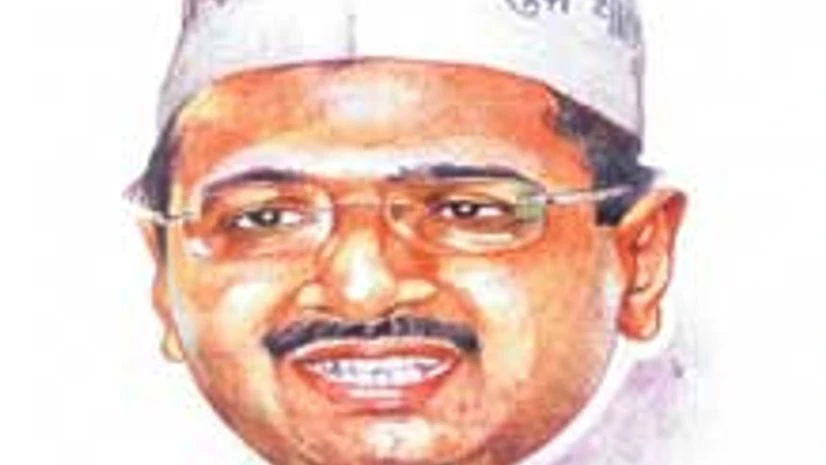Emerging as a mascot of an alternative brand of politics, engineer-turned civil servant Arvind Kejriwal has changed the political discourse to steer his AAP to power--a sweet revenge for the activist's fledgling party that was once branded as "mango people in a banana republic".
Leading from the front, the 45-year-old leader of Aam Aadmi Party(AAP) anchored his campaign in an unconventional way to see it become the second largest party in Delhi Assembly elections with a stunning showing that halted the 15-year rule of Congress.
With interests of the common man at the core of AAP's agenda, Kejriwal's triumph over three-time Chief Minister Sheila Dikshit to become her successor today was the proverbial icing on the cake to earn him the tag of 'giant killer'.
More From This Section
Often called the anti-corruption man, the diminutive and bespectacled IITian and a former tax official has catapulted himself from one of the many proponents of an ombudsman to check graft to the force behind a widely popular people's movement.
A renowned activist, who was dismissed as a political greenhorn, cemented his place in politics with an impressive political debut for his one-year-old AAP that challenged the political establishment.
Kejriwal has thrown the rule book of Indian politics out of the window with his anti-corruption party that began as a social movement, tapping into the new energies fizzing all over India--students, farmers, civil rights groups, NGOs, social activists, women's groups and the urban youth.
Born on August 16, 1968 in Hisar in Haryana to Gobind Ram Kejriwal and Gita Devi, Arvind sent the entire political spectrum into a tizzy, attacking both BJP and Congress on the issues of corruption, exorbitant rise in power and water tariff, safety of women and had managed to make a dent in the vote banks of both the parties.
Belying all claims of being a "non-actor or no factor" in the Delhi Assembly elections by Congress and BJP, Kejriwal, a man of simple tastes, came into prominence from the agitation by 75-year-old activist Anna Hazare in support of Jan Lokpal Bill in 2011.

)
